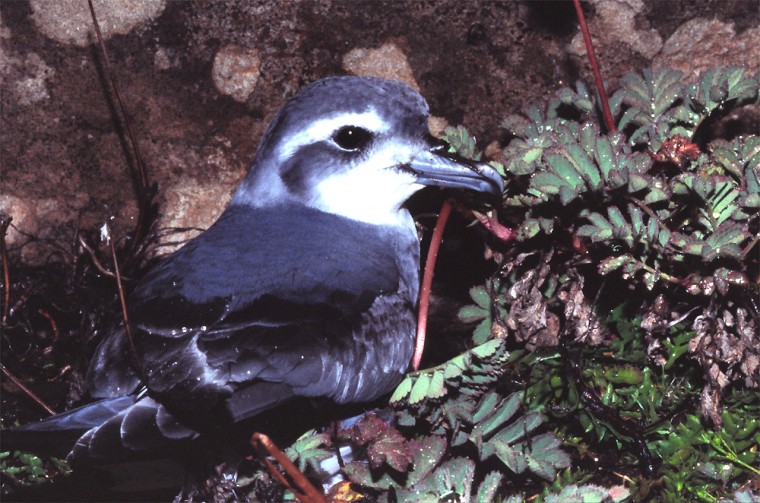Antarctic birds returning to a nesting colony after feeding at sea sniff out their mates, literally.
Researchers studying the behavior of birds called Antarctic prions found the musky-smelling birds were able to discern the scent of their mates.
Scent is widely used among mammals, but this is the first time it has been shown to be used by birds, according to the researchers, Francesco Bonadonna of the French National Center for Scientific Research and Gabrielle A. Nevitt of the University of California at Davis. Their findings were reported Thursday in the journal Science.
Antarctic prions are part of a group known as tube-nosed seabirds. They mate for life and take turns incubating their eggs, with one bird sitting on the eggs while the other goes to the sea for food.
Scientists studying the birds found they have a noticeable odor, which remained behind on bags sometimes used to hold the birds.
So the researchers set up a Y-shaped maze. On the end of each arm, they placed a bag that had previously held a bird. In 17 out of 20 cases, the returning bird selected the bag that smelled like its mate, indicating smell plays a part in finding their way back to the right spot.
In a separate test, returning birds avoided bags that smelled like themselves, the team found. In some mammal species, avoiding animals that smell like themselves has evolved as a way to avoid inbreeding.
